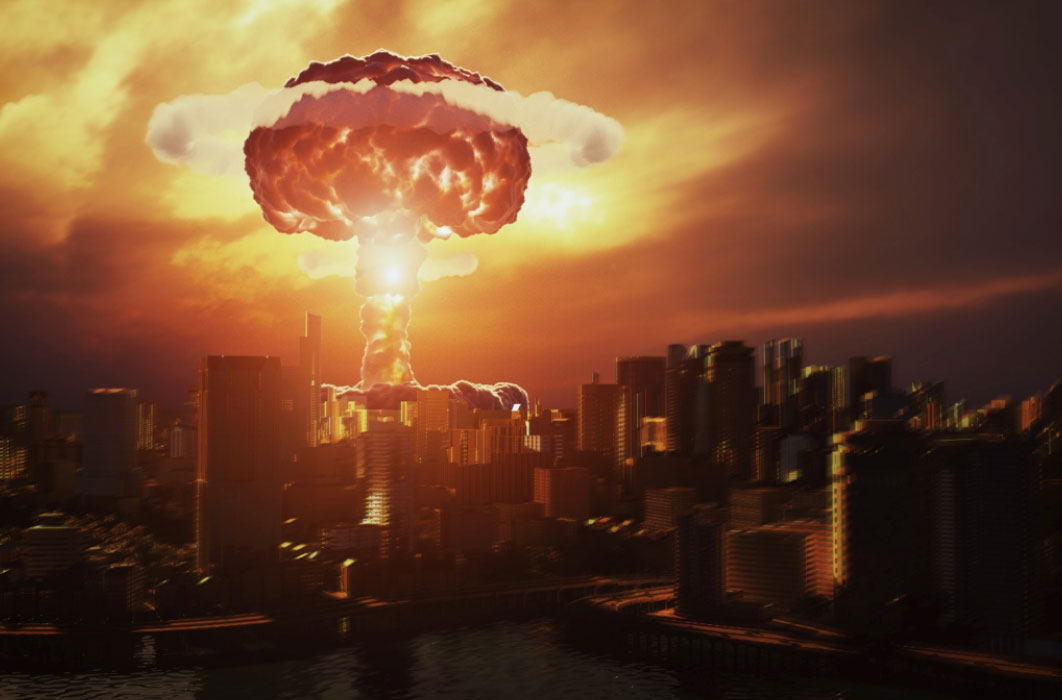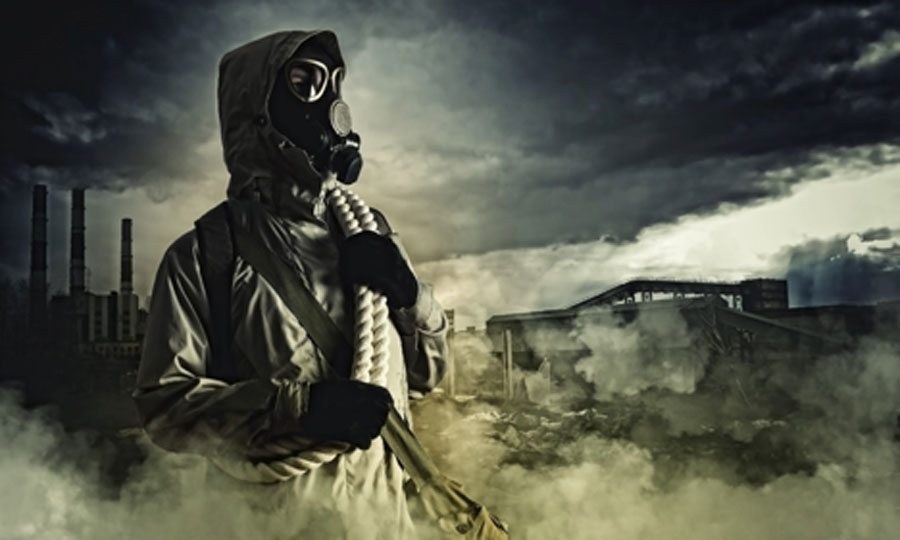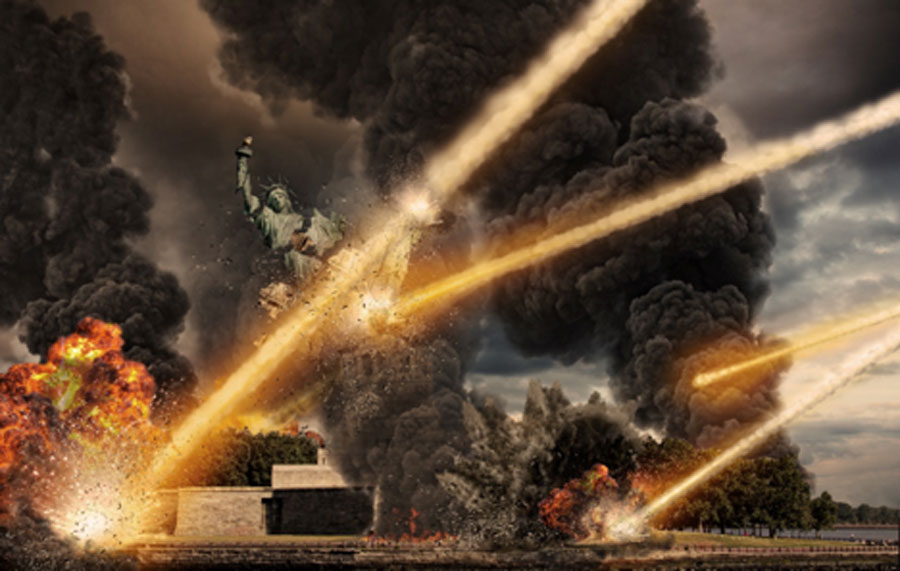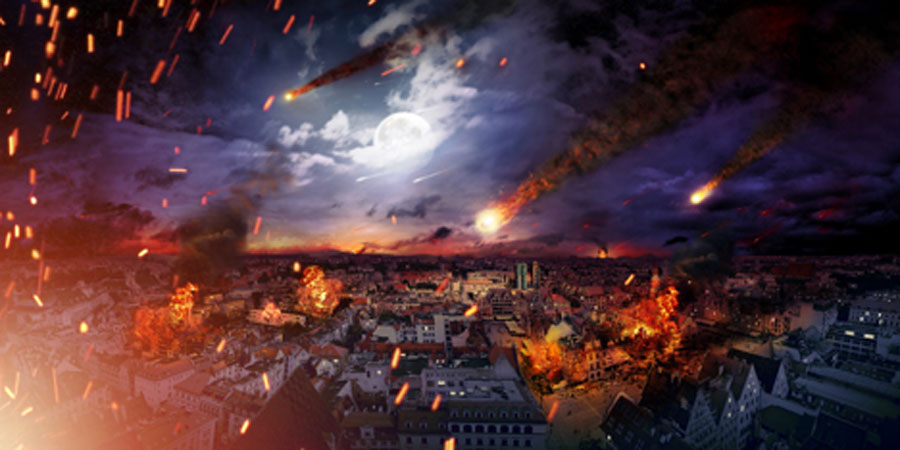
Archaeology Uncovering the Great Forgetting
For 13 days in October of 1962, our civilization was poised on the edge of nuclear destruction. American president John F. Kennedy and Soviet premier Nikita Khrushchev engaged in a faceoff. The world watched as the Cold War escalated precariously toward the brink of what was then called the Doctrine of Mutual Assured Destruction. That was the tactic employed by both superpowers, called Second Strike Capability, that would enable them to destroy each other with intercontinental ballistic missiles, no matter who fired first. In the last 12,000 years, it was probably the closest human civilization has ever come to annihilation.

Stalker in gas mask (Sergey Nivens/ Adobe Stock)
The Aftermath
Imagine, for a moment, during those tumultuous days someone had lived in a small, primitive backwater of the world, perhaps high up in a distant mountain range, deep in the Amazon forest, or off on a small island somewhere in the midst of the sea. What if things had gone differently? One day that person would have been simply living his life, perhaps walking down a well-trodden pathway, thinking about whatever it was that occupied his days. The next moment, a far-off war, fought by countries he had never heard of, changed his world forever.
The effects of nuclear winter alter the climate, perhaps even the very air he breathes. Smoke and ash circulating through the upper atmosphere blot out the sun and his crops fail. A strange sickness devastates his family and the small community of which he is a part. How will he grow vegetables? How will he find food? How will he survive? Worse yet, if he is of a religious mind, he would have spiritual questions. Can he trust that this was just a cosmic accident, or has something he has done here on earth somehow influenced how he was treated by the gods of his universe? What did he do to deserve this? How to appease his deities so this won't happen again? Should he build an altar or a temple of worship?

Apocalypse (sdecoret / Adobe Stock)
All around him there are signs and signals that things will never be the same. As far as he knows, his life is starting over again. Even though he does not fully understand the immense repercussions, even though he may have never been aware of the majority of humankind who were once familiar with cars and telephones, who once flew the friendly skies and traversed the globe, who once gathered around TV sets and radios, who once took the good life for granted, much of that urban population is now gone. The ones who are left suffer from what amounts to cultural amnesia. The technical benefits of a civilization that once formed a world-wide infrastructure are gone, buried under the fires and ash of a nuclear holocaust. The survivors no longer posses the skills to return to subsistence living.
- Panpsychism: The Science and Philosophy of an Intelligent Universal Mind
- Ancient Gods and Paradigm Shifts Towards the Omega Point
- Science Versus Religion on Our Ancient Origins: What if They’re Both Wrong?
The question stands: Has something like this happened before? Substitute a comet or asteroid colliding with the earth for the nuclear explosion just postulated. Insert a devastating episode of volcanic eruptions over a vast area of the planet. Think about a sudden shift in plate tectonics, shuffling huge land masses into climate zones which are now either suddenly frigid or temperate, depending on their latitude, resulting in freezes or mass floods. What might be the result?





